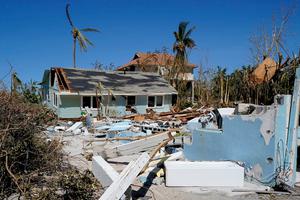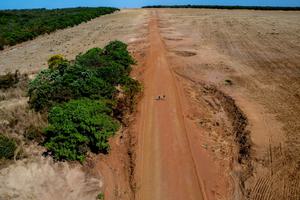Texas National Guard Soldiers rescue residents stranded in Tropical Storm Harvey's floodwaters. Photo by Staff Sgt. Tim Pruitt
Houston has been a hub of the petroleum and chemical industries for decades, leaving behind a landscape pocked with Superfund sites and other highly contaminated areas. Now, scientists are warning that these sites are likely leaking toxins into Tropical Storm Harvey’s floodwaters, exposing people in Harris County, where 30 percent of the land is now submerged, to dangerous contaminants, The Washington Post reported.
The toxic sites include the Brio Refining Superfund site in south Houston, the San Jacinto River Waste Pits, and the Crystal Chemical Co. site, among others. They contain toxins such as perchloroethylene, trichloroethylene, and chlorinated hydrocarbons that are dangerous to inhale or touch.
The Texas Commission on Environmental Quality told The Washington Post that employees had taken steps to secure contaminated sites prior to the storm, such as removing drums with chemicals and shutting down cleanup systems. It also said the commission and the U.S. Environmental Protection Agency will inspect the areas once floodwaters recede.
But local scientists, such as Texas A&M’s Wes Highfield and Samuel Brody, are attempting to collect water samples now to determine what residents are being exposed to as they wade through floodwaters. “Yesterday as these large retention ponds filled up, eight feet deep in places, kids were swimming in them, and that’s not good,” Highfield said.
Public and environmental health experts also warned of the long-term consequences if floodwaters spread contaminants into nearby communities. “If the water picks up contaminated sediment from sites, that may get deposited in areas where people frequent — residential properties, parks, ballfields — that were never contaminated before,” Nancy Loeb, director of the Environmental Advocacy Center at Northwestern University’s Pritzker School of Law, told The Post. Homes that rely on well water are particularly at risk, she said, since it is up to the homeowners to test for water safety.



